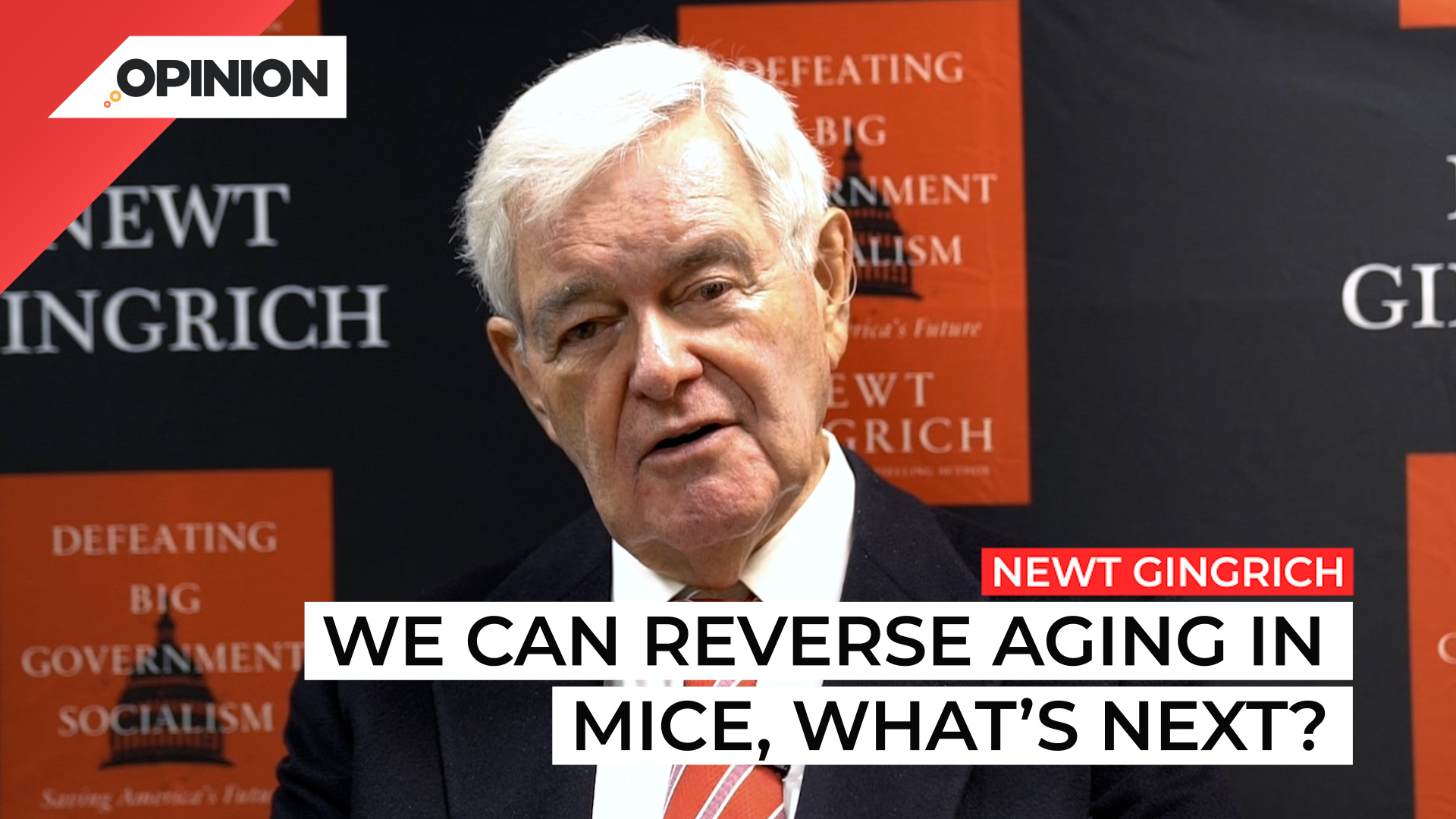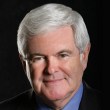
Commentary
-
Our commentary partners will help you reach your own conclusions on complex topics.
One of the most exciting topics I began exploring is the question of healthy aging, to levels that most of us would never dream of.
I recently did a podcast with Ben Jealous, the former head of the NAACP. His grandmother died at 105. Her sisters were over 100 when they died. And I began talking with people, we did a podcast with an expert on people living longer. His specialty is studying people who live to be over 100, some of whom now live to be 115 years. And there’s some surprising things. Generally speaking, if you live past 90, you’re don’t have very many health problems, you’re actually pretty inexpensive. You’re not in the hospital very much. You don’t have a chronic condition. You’re not on kidney dialysis.
You just live your life out. And then one morning, you fall asleep and you don’t get awake. And it’s very inexpensive. And most of the folks who do that have the genetic pattern that keeps them alive up – right now the records up to about 115 years. And what we’re learning is when you enter this particular guide, interviewed 500 folks who lived over 100. Half of them smoked. Half of them didn’t, half of them drank, half of them didn’t, half of them exercised, half of them didn’t.
It turned out you could live the life you wanted to live, but if you had the right genetics, you just kept living and you kept enjoying life. So I think that it’s really interesting. And here’s the example he used. He’s been doing research, for example, on genetically modified mice. He’s gotten mice that were the equivalent of 60 years old as humans, and he has reversed their aging until they were about 20 and had total energy, Totally excitement when running around, you know. And then as he as he explained it to me, we really should look at the National Institutes of Health, creating a totally new approach to the question of aging.
He said, think of aging as being a tree. And the things we focus on are the branches. So we focus on diabetes, we focus on kidney dialysis, we focus on Alzheimer’s, we focus on heart disease, we focus on cancer. But if the tree grows healthy, none of those branches show up. And so if you focused on growing a healthy tree, in this case, he focused on getting people to be able to live to be over 100, most of the secondary diseases disappear.
It’s the biggest single cost savings. It’s the biggest single quality of life. And of course, if you’re healthy, and you have energy, you stay active. And so you turns out folks who I just recently did an interview with – Henry Kissinger, who’s 99, he just finished his latest book, and is now working on a new one. And he doesn’t think of himself as being particularly old. He’s just living life. And I think this is one of the most fascinating areas of development that I’ve seen. And I think we’re gonna see a lot of new things come down the road that have a huge impact on our ability to live longer, live healthier, be more productive, and in general, enjoy life.
-
How AI is changing the world
Artificial intelligence (AI) is significantly reshaping numerous sectors, including banking, education, finance and technology. Its impact extends across various industries, including the military sector, where companies are leveraging AI to enhance productivity and streamline operations. Straight Arrow News contributor Newt Gingrich is excited about the future application for artificial intelligence and provides examples of how…
-
Biden’s foreign policy riddled with errors and misfortune
President Biden entered office with a promise to repair the damage inflicted by former President Trump on the international stage. He vowed to prioritize values like democracy and human rights while also aiming to end the “forever wars” in Afghanistan and the Middle East. Yet, some critics argue that U.S. foreign policy has been marked…
-
Illegal immigrants want to invade and occupy your home
Illegal immigrant Leonal Moreno recently posted an instructional video on TikTok guiding fellow immigrants on how to leverage U.S. squatting laws to safely occupy abandoned homes. Moreno said that his goal is to avoid having to become a “public burden” to U.S. taxpayers by finding his own shelter in abandoned places. Some viewers, however, perceive…
-
Americans should not have to pay to rebuild Key Bridge
The collapse of the Key Bridge in Baltimore represents a major setback for the Port of Baltimore and the entire East Coast highway network. Although the debris removal may be completed within a few weeks, the reconstruction process will be both time-consuming and expensive. Some estimates suggest the cost could exceed $1 billion. So who…
-
White rhino IVF pregnancy breakthrough could save species
In February 2024, a controversial ruling by the Alabama Supreme Court prompted some health care providers in the state to halt their in vitro fertilization (IVF) programs, sparking division among Republicans. The Republican-led Alabama Legislature quickly worked to address the issue and protect IVF, resulting in the Republican governor signing a bill into law protecting…
Latest Opinions
-
 Reuters
Reuters
Israel believes ICC is ready to issue arrest warrants over Hamas war
-
 The Metals Company
The Metals Company
Deep sea mining may end US reliance on China, enviro concerns remain
-
 Getty Images
Getty Images
Beijing auto show features next-gen EVs unavailable to US consumers
-
 Getty Images
Getty Images
USDA assures public retail meat is safe, still plans to test beef samples
-
 Getty Images
Getty Images
Study: Bottlenose dolphin tested positive for bird flu off Florida coast
Popular Opinions
-
In addition to the facts, we believe it’s vital to hear perspectives from all sides of the political spectrum.


